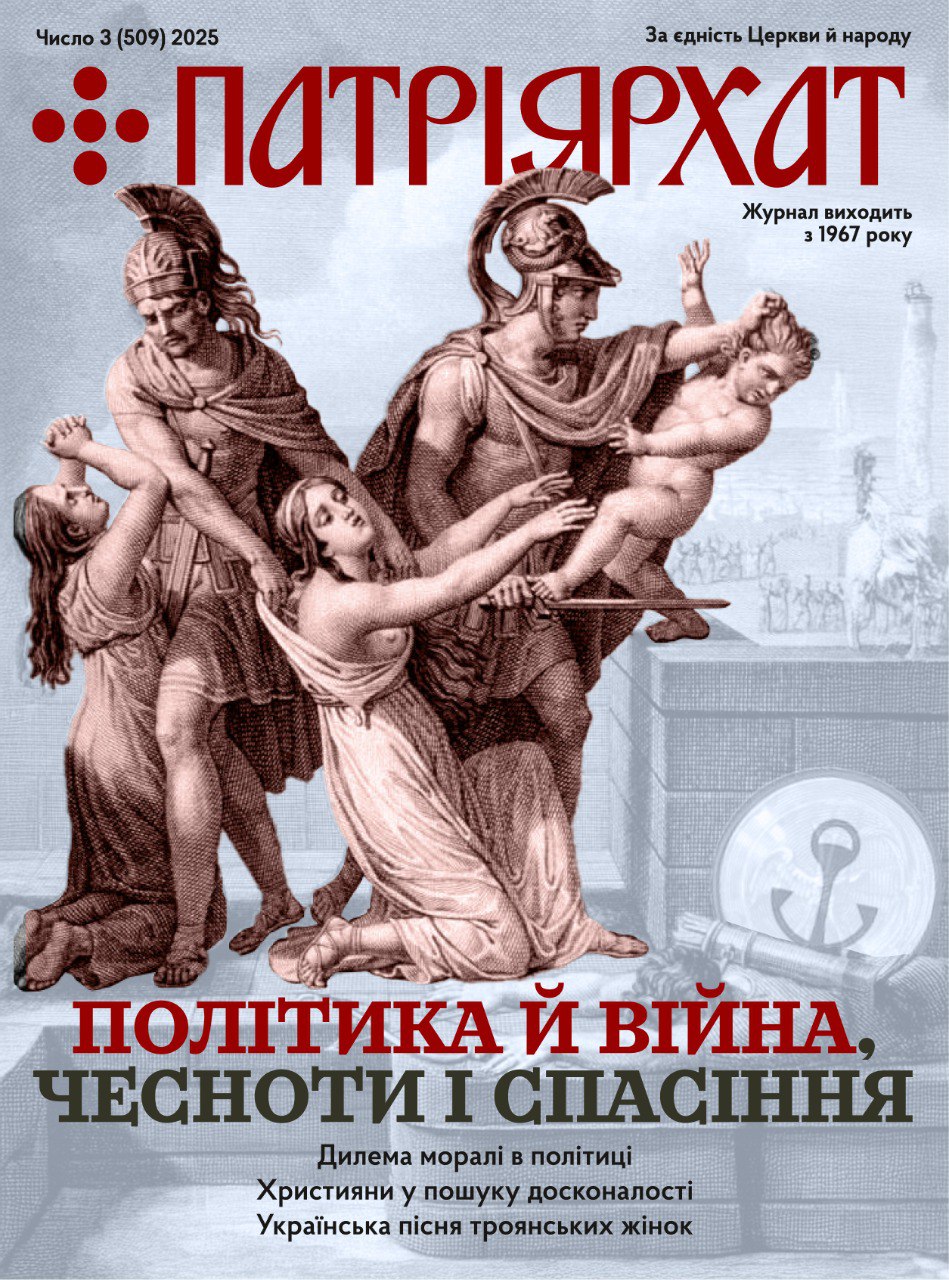VATICAN CITY (NC) — Reserving judgment on «Eurocommunism,» Vatican Radio has harshly condemned Communism which «imposes itself through anks concentration camps, and psychiatric hospitals.»
In an editorial marking the 20th anniversary of the Hungarian revolt, the radio declared that «all the blood shed (in the revolt) was not shed in vain» and that the cause of the Hungarians was not «naive or utopian.»
«We do not yet know if the various Eurocommunisms of today are showing promising signs,» the editorial continued.
But we know with certainty that any ideology which imposes itself through tanks, concentration camps and psychiatric hospitals is an ideology without a future, an ideology which is dying.»
«Eurocommunism» is the term which grew out of the expressed desire to develope a national form of Communism independent of Moscow, and to present Communism «with a human face.»
Russian tanks put down a popular revolt in Hungary on Nov. 4,1956.
«What the tracks of the Soviet tanks squashed was not only the Hungarian revolt,» the editorial asserted. «It was also the myth of Communism understood as an ideology.»
The editorial claimed that «the Hungarians would never have taken action if they had not naively believed that the end of Stalin had changed the Soviet Union’s rigorous policy of imperalism.»
The invasion of Czechoslovakia in 1968, continued the radio, gave positive confirmation to the claim that Soviet Communism is an imperalism and not an ideology.
GEORGE A. MALONEY, S. J., A History of Orthodox Theology since 1453, Belmont, Mass., Nordland Pub. Co, 1976. 388 p.
This book gives an historical sketch of the development of the theological thought of the individual nationalities which make up the Eastern Rite Church group known as Orthodox.
As the whole is the sum of all the parts, no complete picture of the subject can be given if any of the parts is missing. A description of the development of the theology of Eastern Rite peoples, which completely ignores the Ukrainian people or confuses them with Russians, is therefore deficient. It is surprising and disappointing that a well known scholar, and one who is so well versed in matters concerning Eastern European Church history, could make such a glaring omission. Although it is the current fashion to deny that the Ukrainian people exist or even did exist as a separate entity, the facts of history prove otherwise.
This incomprehensible convering up of the identity of more than 40 million people, with their own culture, Church centers and Church history, is unprofessional treatment, and diminishes the value of the book, which otherwise is perhaps well written.
Dmytro Blazejowskyj

